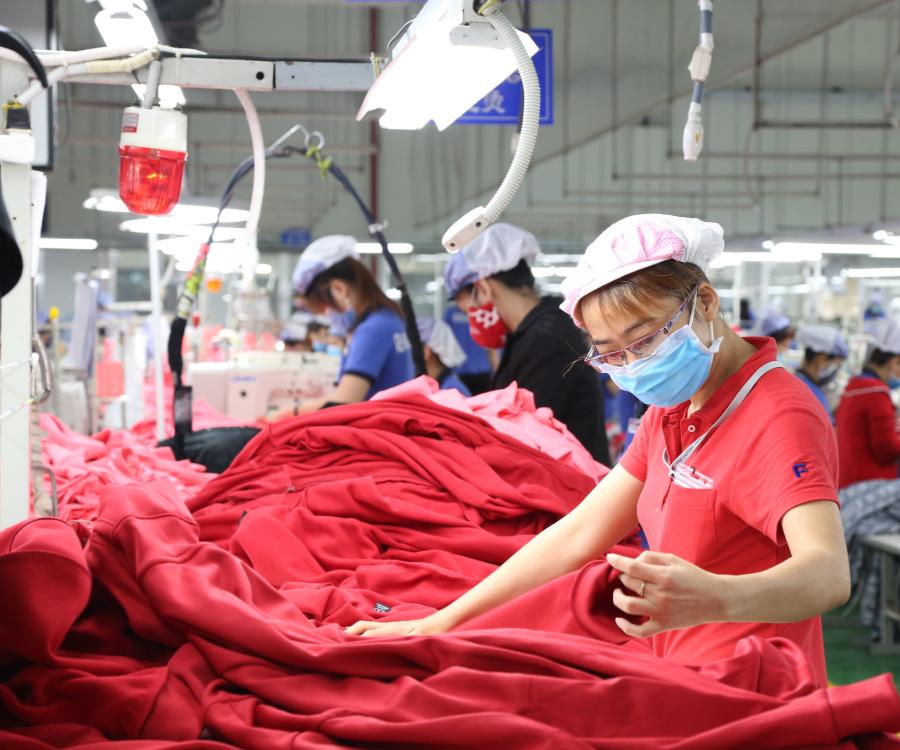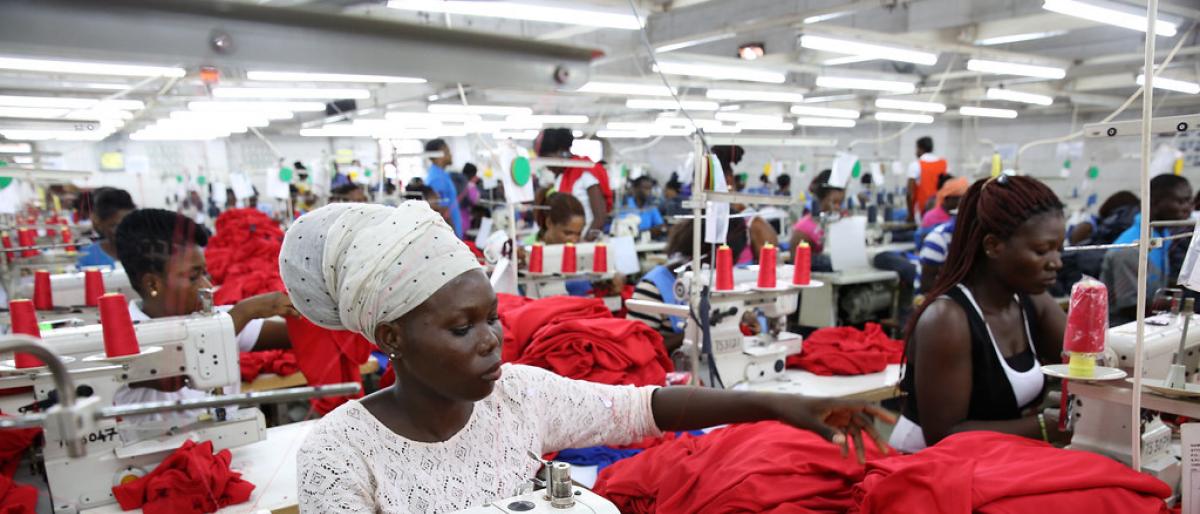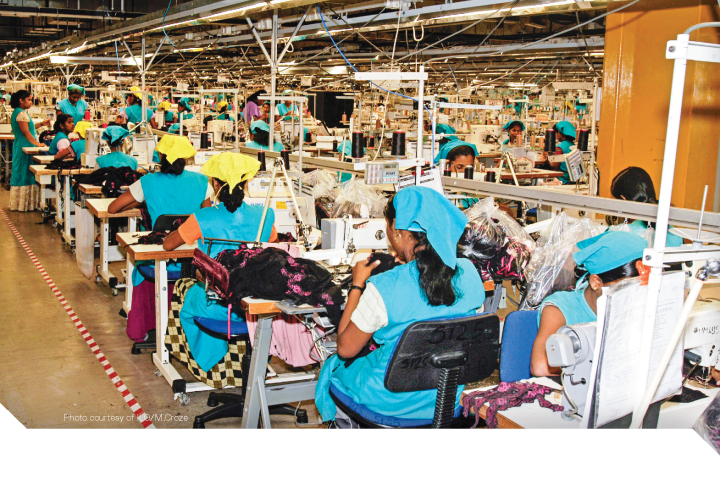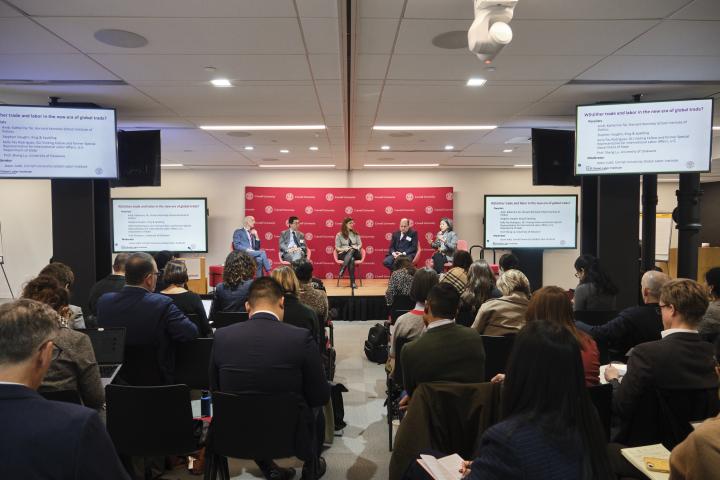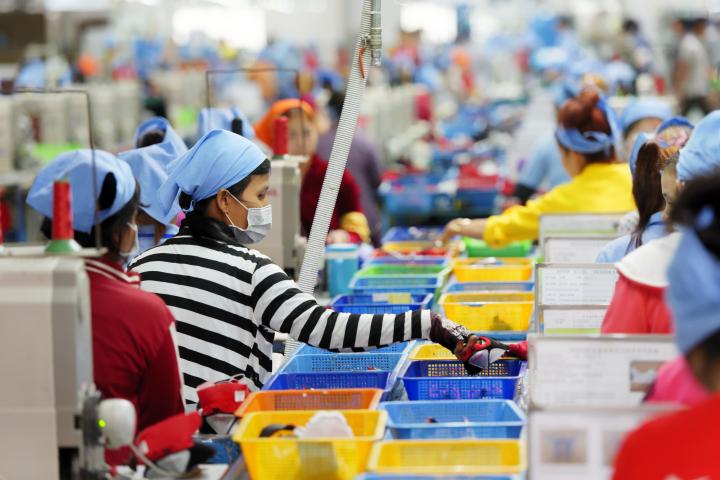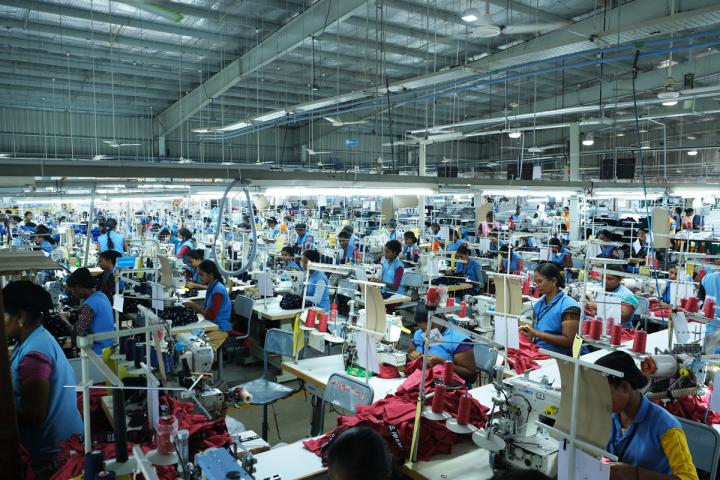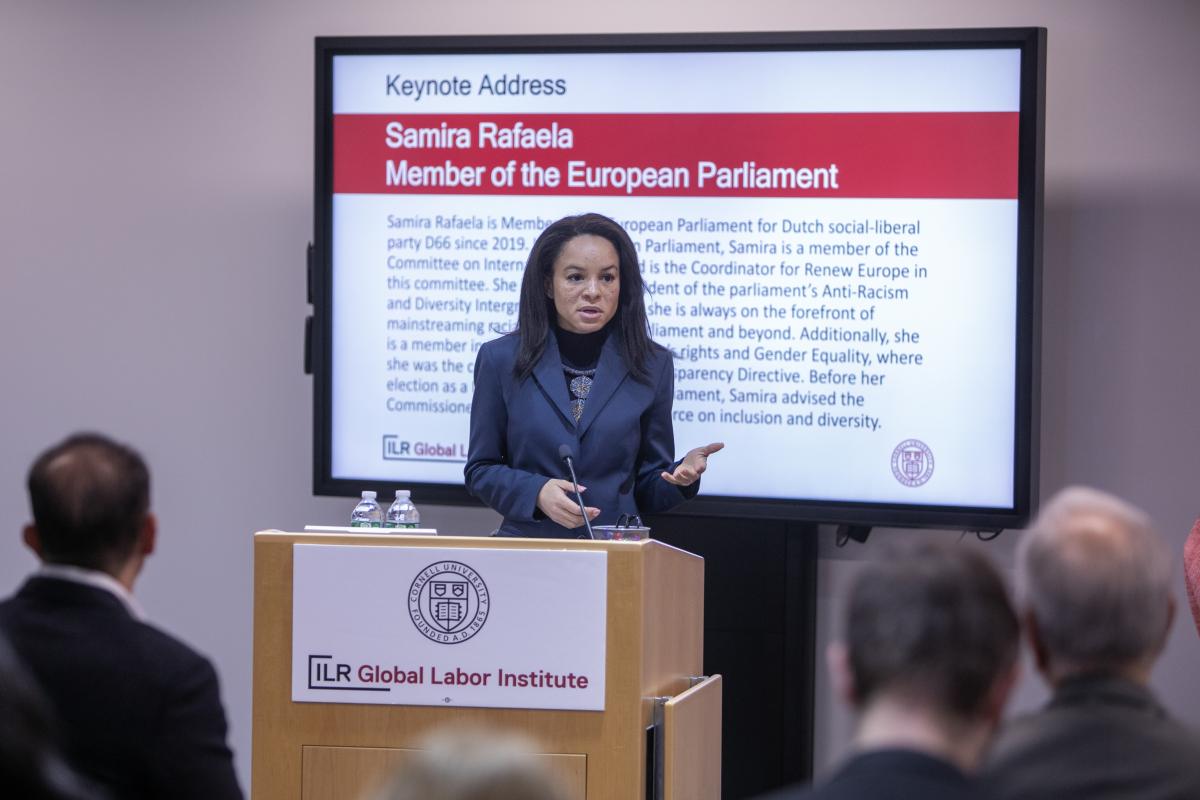A new examination of how apparel factories are adapting to extreme heat while investing in cooling, automation, and climate resilience strategies.
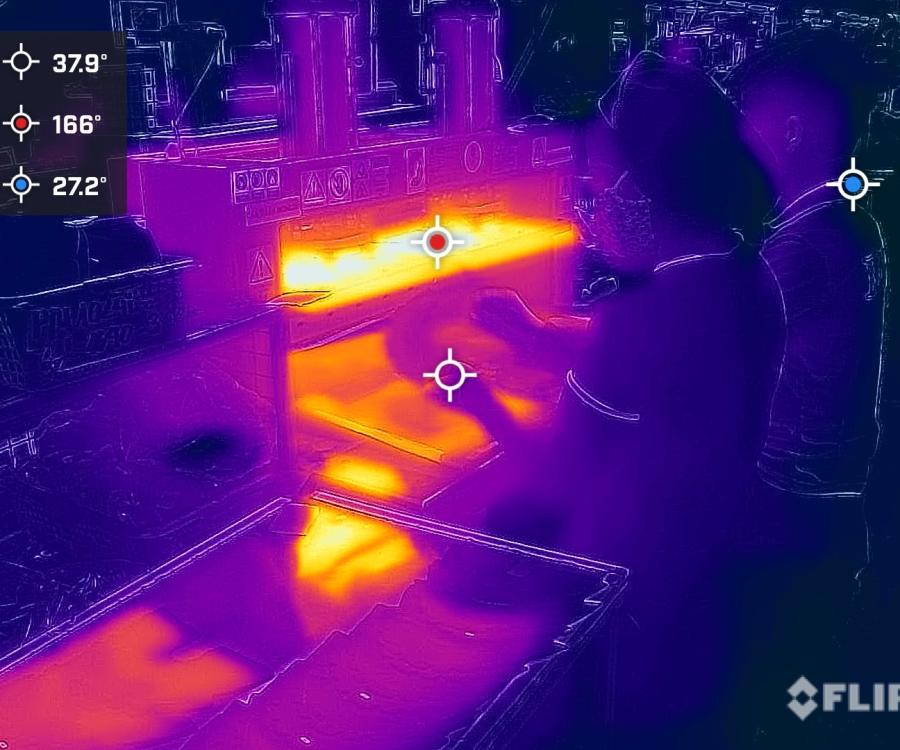
This is GLI’s official final assessment of the Dindigul Agreement to End Gender-Based Violence and Harassment at a South Indian apparel factory that could be a model for other factories around the world.
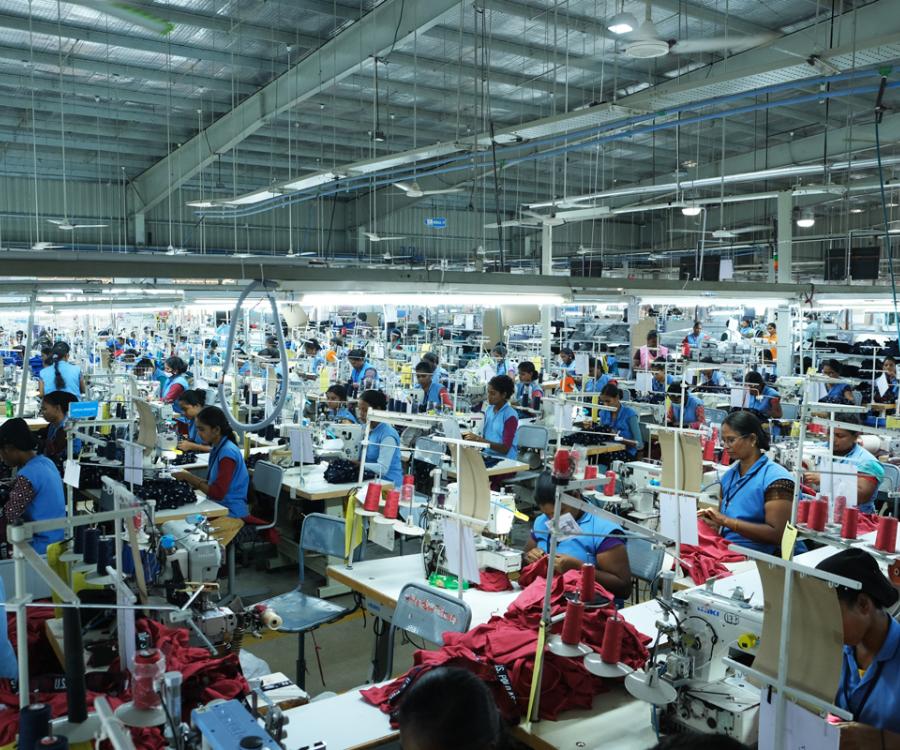
How have weather conditions already started to affect the apparel industry and how should the industry adapt? This policy brief builds upon past GLI research and our report co-produced with the IFC and the ILO's Better Work program to present new findings on the impacts of extreme heat and the adaptation responses from employers, workers, their governments and buyers in the global apparel and footwear industry. See our new research here.
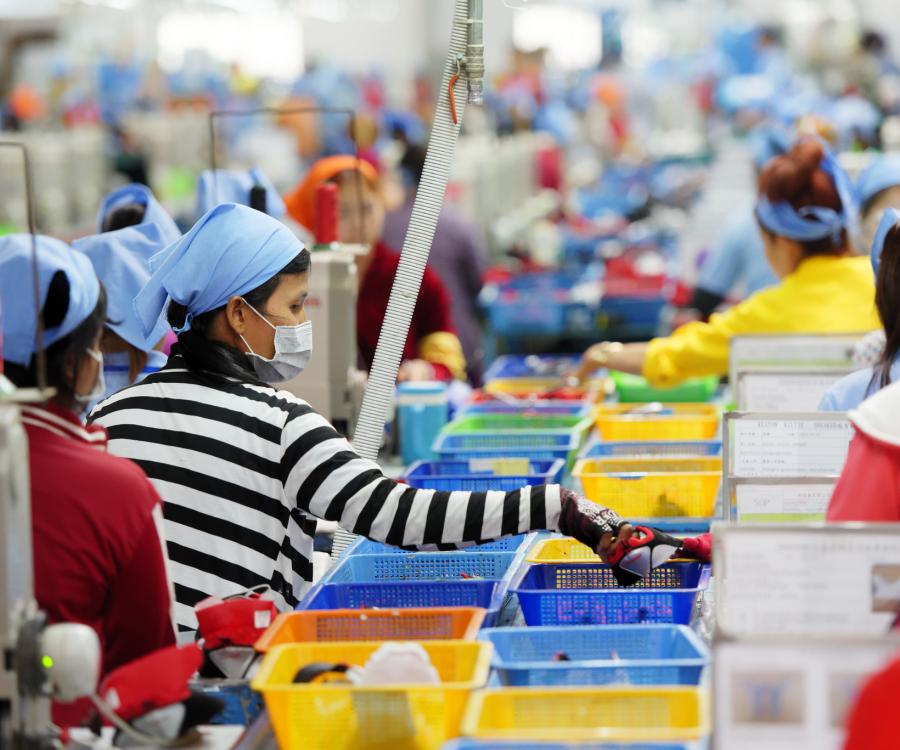
Read about the Global Labor Institute's new quantitative metrics that measure labor outcomes—actual impacts for workers.
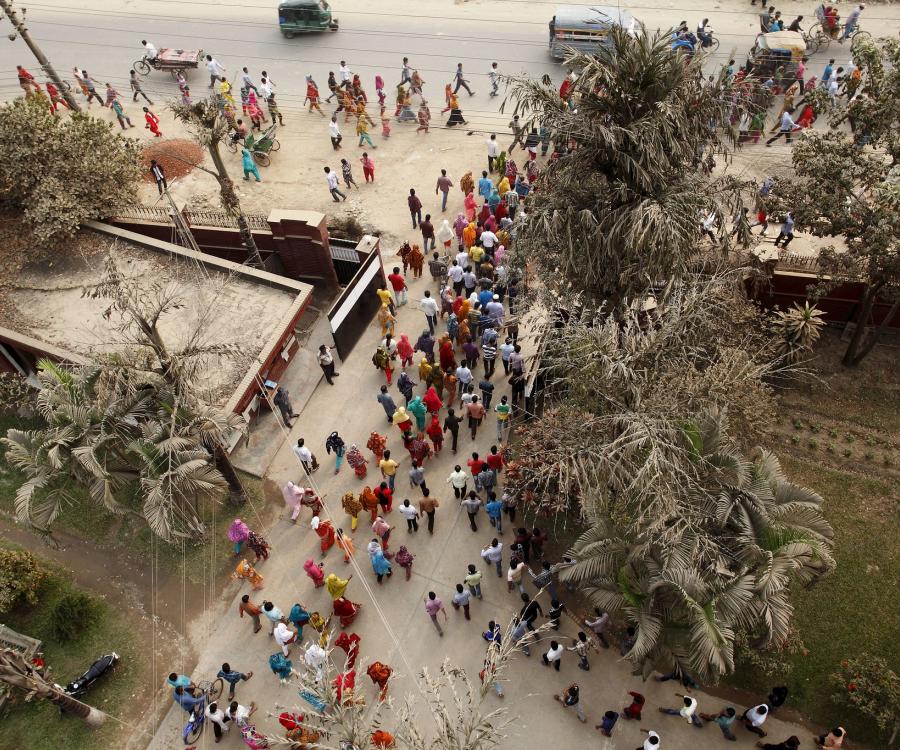
Latest Research and Events
In The News
Media Mentions
How have weather conditions already changed in major apparel production centers? In this follow-up to our Higher Ground? reports, we looked at the past twenty years of weather data in our 23 focus cities to try and find that out, as well as ask how workers, brands and retailers, manufacturers and their governments should react and adapt to our warming future in a world of corporate due diligence. Read our findings here.
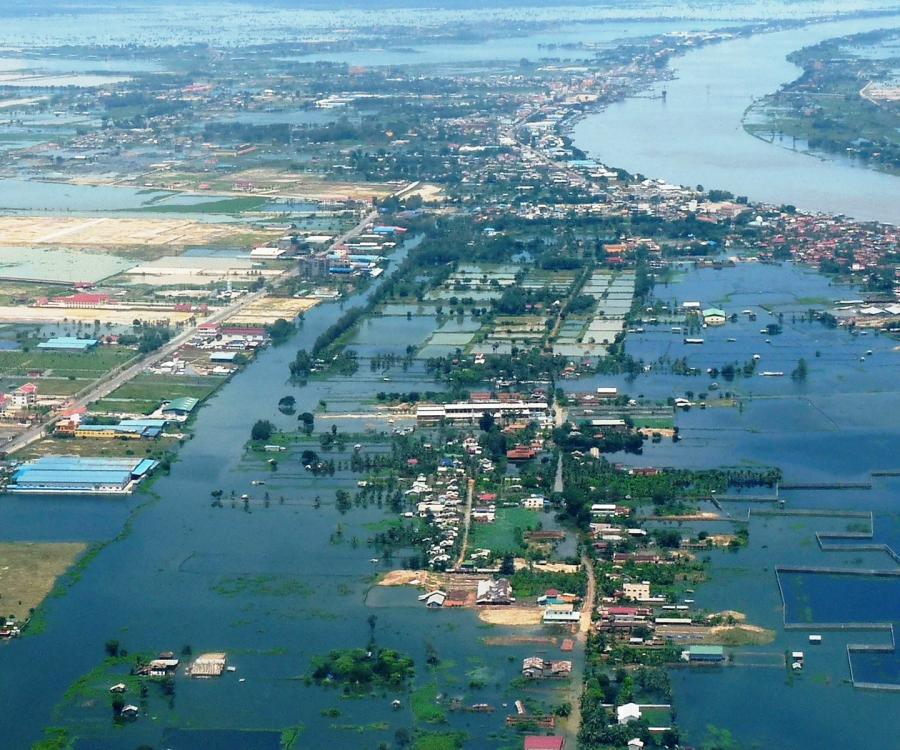
In partnership with Schroders, we report the impacts of climate change on global apparel production. In our first report, we track climate change impacts at the global, national, and factory levels. We map fashion's climate vulnerabilities across production centers, and estimate future economic damages from extreme heat and flooding. Our second report examines company-level climate risk, cost, and financing for adaption and just resilience.
